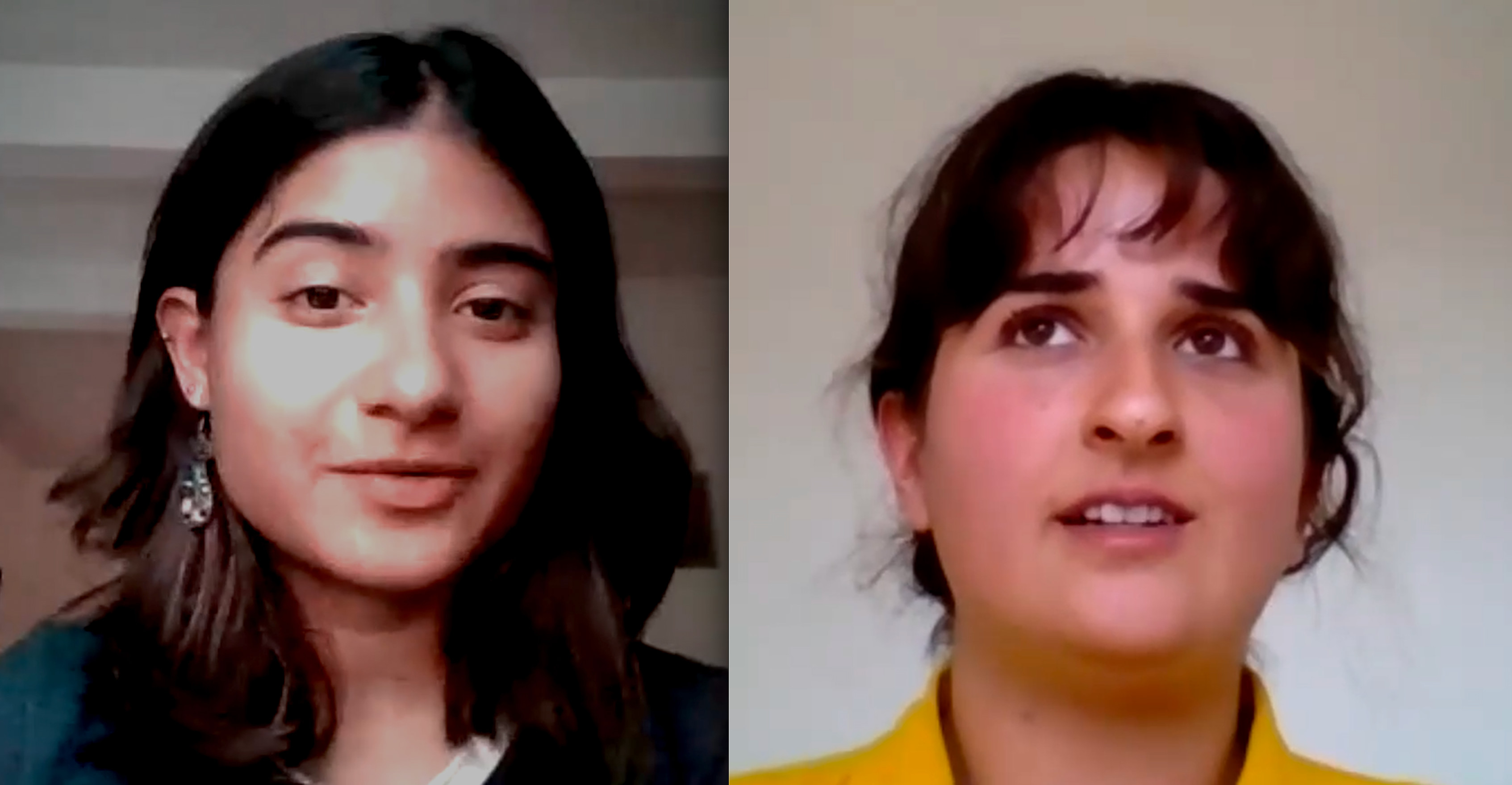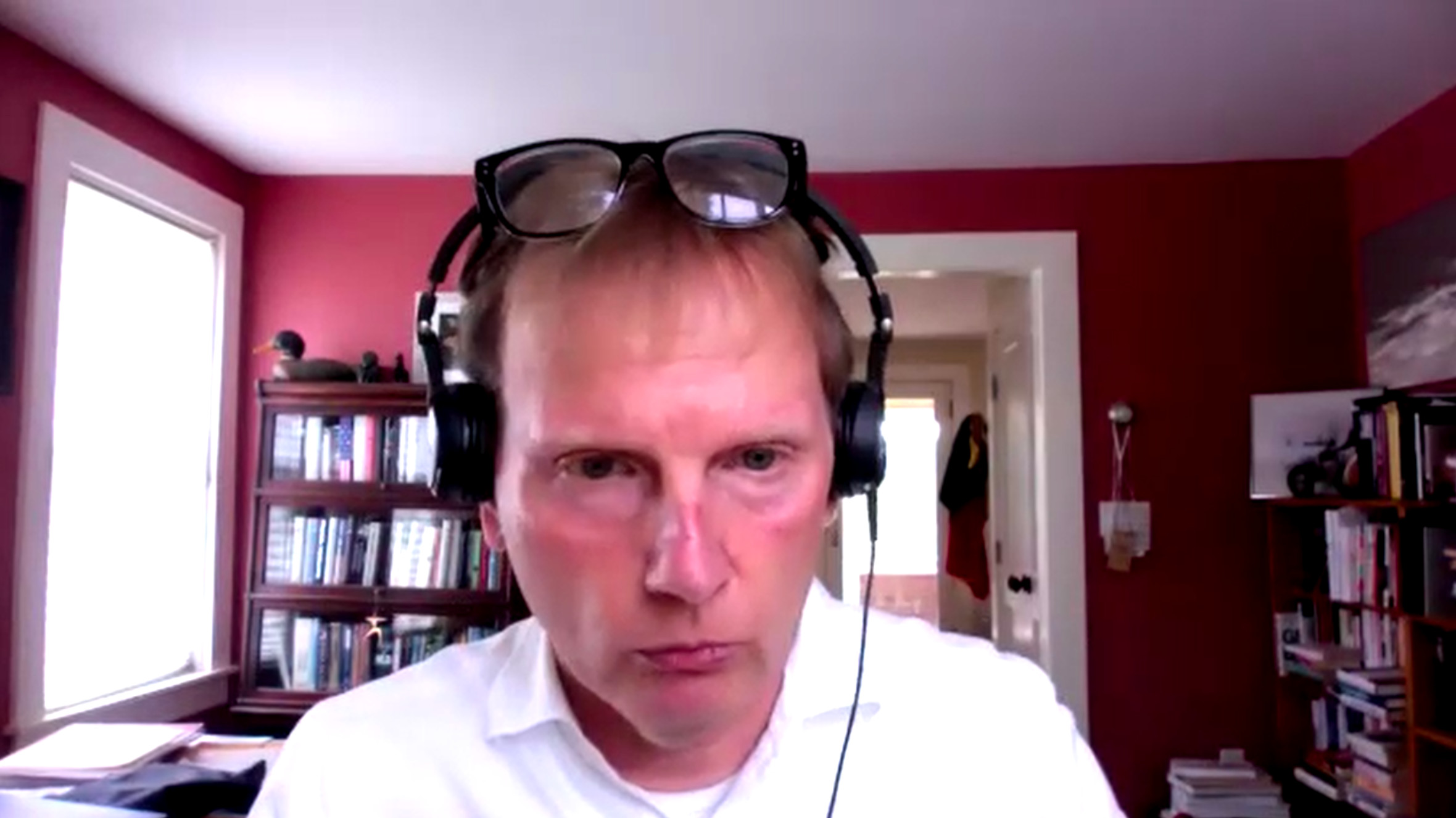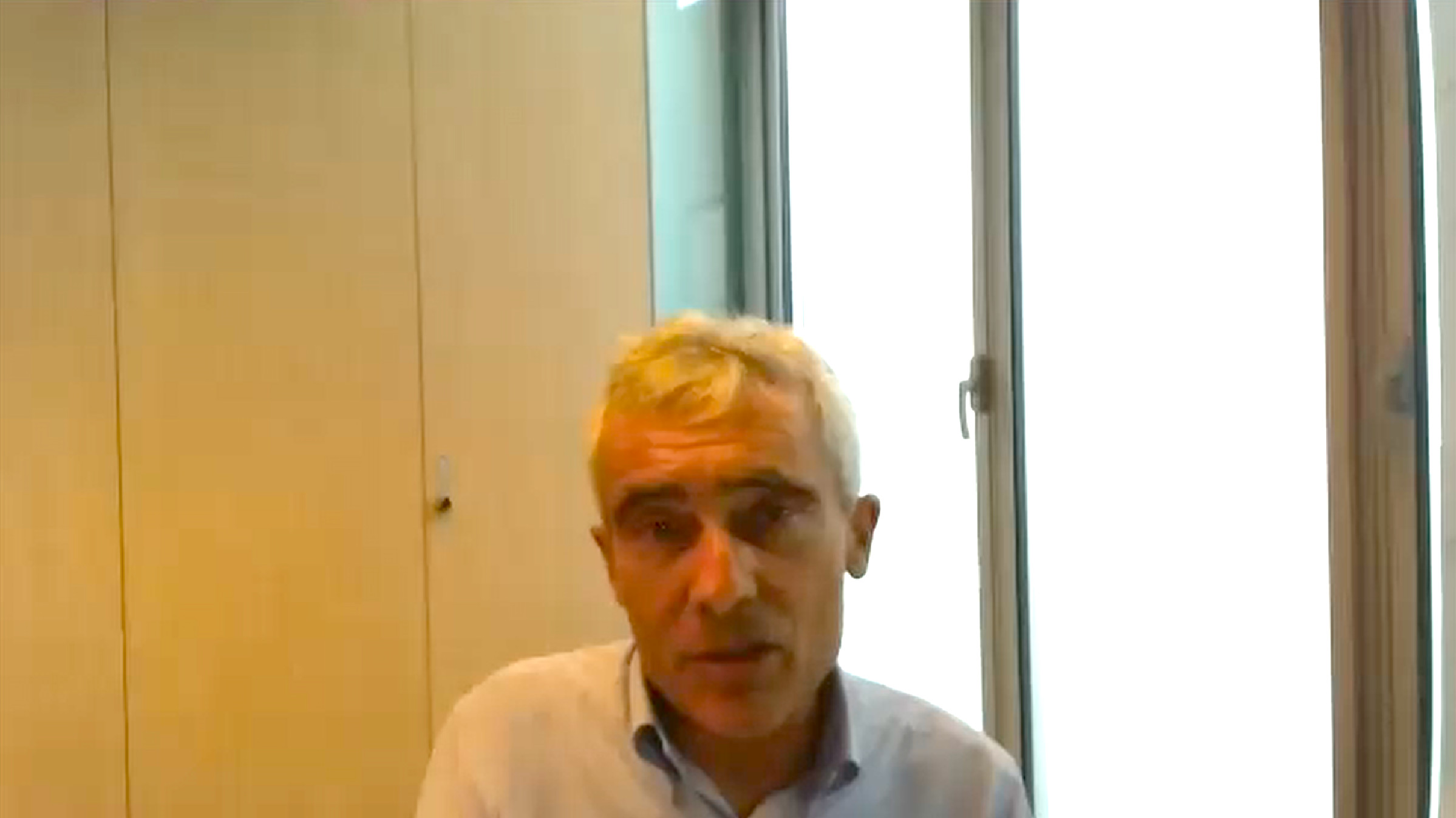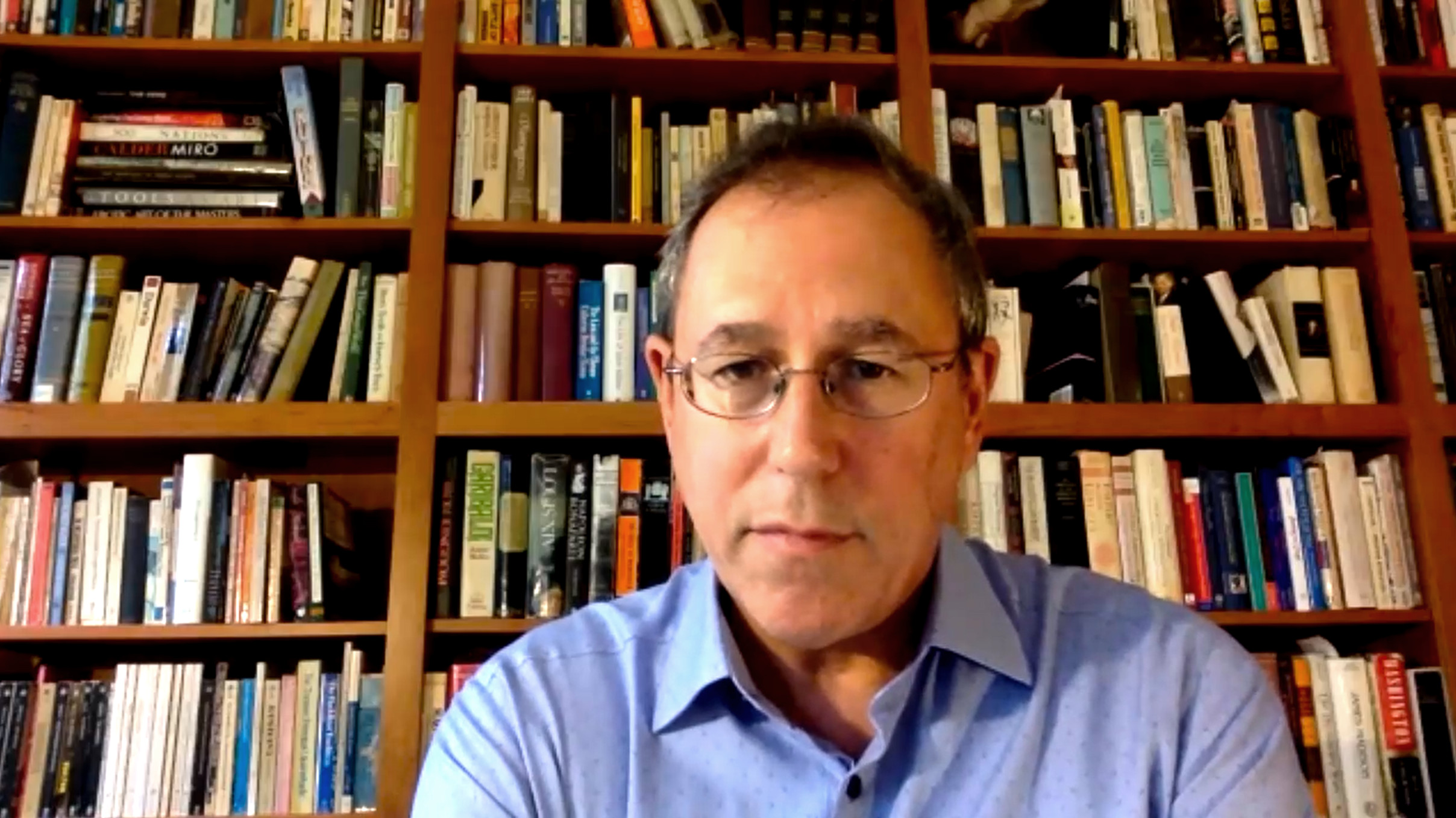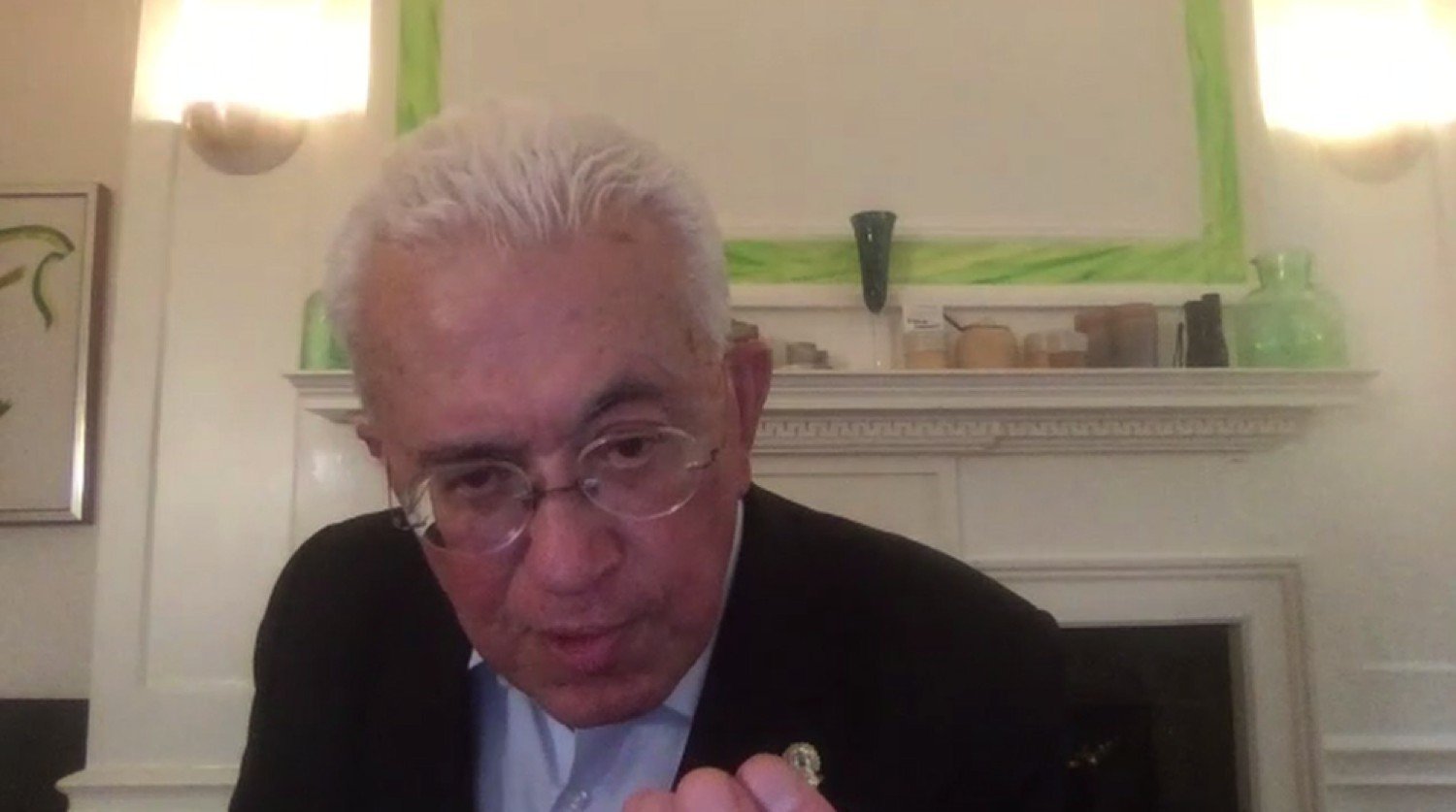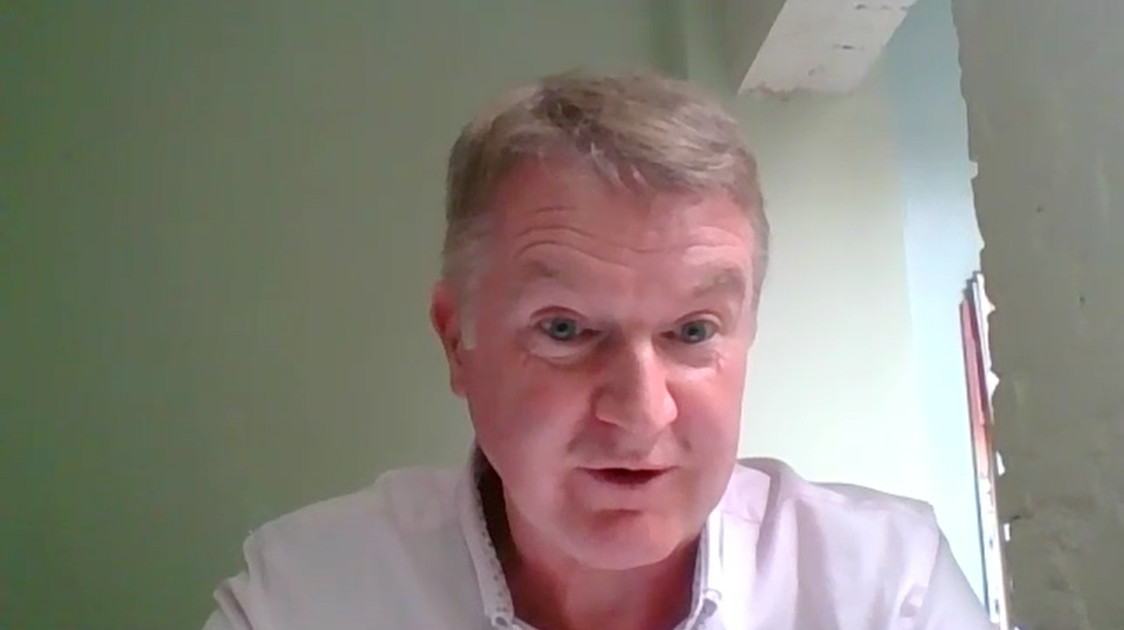Harold James
British. Economic historian, specialized in the history of Germany and European economic history. Professor at Princeton, author
1. Why does economics matter?
So economics, I suppose, is classically defined as the science of the production and the distribution, the exchange of wealth.
And thus it’s the science of what we think is valuable. And in that sense, we think it’s valuable to look at economics. It’s a particular way of doing thinking about what is important. And I think you can also see that there’s not one kind of economics, and over the last couple of centuries, people have thought about economics in very different ways. And some people have objected even to the word economics, and until the middle of the 19th century, basically, it was more common to talk about the sciences, political economy.
It’s really Stanley Jevons, the British marginalist, who tried to substitute economics for political economy because he thought that political economy gave too much of a sense of things being directed by a central authority.
Even the idea of economics, however, as derived from Aristotle as the management of the household applied to the city implies some sort of management of direction. That’s the reason why some Austrians, including Friedrich Hayek, pushed back against the use of “economics” and preferred a new neologism, catallaxy, as the science of exchanges.
There’s a second thought that occurred to me: many people think that economics has become more important because of the last century or so, and I think that’s basically right and but why it’s right is quite interesting. It’s because life in the modern era became basically more certain. You didn’t need to worry so much about sudden mortality. You could plan for longer. And just thinking about these longer term questions and viewing them through an economic lens became more central to people who then thought about economics as a central science. Yes, I do think it’s become more central over the course of the last 150 or 200 years.
2. What are the differences between economic science (academic economics) and economic engineering (policymaking)?
A large part of economics doesn’t have a direct policy impact, but some kinds of economics and some kinds of economists think of themselves as very, very policy relevant. I think that development is a development of the last eighty-five years or so and about all it’s associated with the Keynesian revolution. In that tradition, you’re thinking of big aggregates: aggregate supply, aggregate demand and what governments can do to alter those aggregates. Keynesian economics comes into its own both as an answer to the Great Depression and as a way of conducting the management of a planned economy during wartime. So the big mobilization of the Second World War in the United States and the U.K. is largely conducted in terms of these macroeconomic aggregates; in Germany and the Soviet Union as well. And so all the belligerents are doing this, and the policy use became a standard model.
But macroeconomics doesn’t necessarily tell you what to do about making society more innovative or how to be more flexible. Some people will then come to the conclusion that this is really a limitation on what the Keynesian approach can do and that thinking about other spheres of economic activity depends on these microeconomic calculations. One of the big developments recently – a pushback against the revolution but also an augmentation of it - is looking for the microeconomic conditions for macroeconomic behaviour. But pushing that insight into a policy context is much, much harder.
The more you go into the micro world, I think the less you really think that you can influence policy and manage what might be described as an economic engine.
3. What role does economics play in society? Does it serve the common good?
I think really following on from what I’ve said so far, it’s clear, at least in my view, that economics is very central to discussions of the public good. It is a central way aggregating lots and lots and lots of individual decisions. And so in many ways it’s the science of interaction among lots of people in a big society. The outcome of these interactions sometimes produces the public good. Sometimes it leads to disfunctions, as well. So that’s the room where economic thinkers say you’ve got something that doesn’t work; that’s not working. You’ve got an equilibrium or a disequilibrium. And it requires some kind of action from your Keynesian arsenal that comes in.
4. Economics provides answers to problems related to markets, efficiency, profits, consumption and economic growth. Does economics do a good job in addressing the other issues people care about: climate change and the wider environment, the role of technology in society, issues of race and class, pandemics, etc.?
Well, there I think the story is not that economics provide solutions to anything, but it provides ways of thinking about particular problems. And so if you’re thinking, for instance, about climate change, just to take the first of the issues you raised: with climate change, the fundamental question is how to reduce the output of harmful emissions of CO2 emissions that are pushing global warming. And there are other issues as well: example, water utilization. And, in all of those debates, pricing is going to be really essential. Recently we’ve had an era in which energy prices were really very low and that encouraged people to move all over the world to consume a lot of energy. And if you’re going to want to restrict the emission of CO2 or to move to cleaner or more efficient forms of energy, then you’re going to have to do that through the price mechanism.
And the price mechanism is really unbelievably effective at generating solutions. So the fact that we’re producing too much CO2 is not a problem of the absence of the application of economic models or economic science, but it’s simply the way in which people respond to true prices. I think that this is really at the heart of the way in which economics can contribute to solutions. And it is something that’s going to be useful in terms of thinking of the way in which we address pandemics: what are the relative costs, how do we get vaccines, and how do we get more medications? And, all those things are basically logistics issues. And they’re very often solved through the price mechanism.
5. As we live in an age of economics and economists – in which economic developments feature prominently in our lives and economists have major influence over a wide range of policy and people – should economists be held accountable for their advice?
Well, I think when you think of economics as a science it’s less oriented to a world in which you can draw a clear line between a particular action and any particular result. So if you think of an area where I think the idea of liability would apply very precisely, such as the engineering of bridges; if somebody builds a bridge that collapses quickly and they’ve made a mistake and they should be liable for that, and if it’s indeed a criminal mistake.
With any kind of economic interaction there are so many different impulses and decisions that flow into the making of the outcome that it’s really very, very hard to say one person designed this system and should be accountable for it, and particularly when we’re thinking about bad times in economics, and crises and disruptions and challenges. And, there aren’t very good options. And the question is often about choosing between. Quite unpleasant options, and so the outcome of the looks looks quite bad.
I started off my career working on the German depression in the interwar period, that was often used as a textbook example of a mistaken economic policy. The chancellor, at the end of the brief experiment in democracy in Weimar Germany, Heinrich Brüning, had a policy of fiscal austerity and keeping to a fixed exchange rate. And, in the late 1930s, it became a very, very fashionable to say that this was a terrible mistake. Actually, when you start to look into the details, almost anything he could have done would have been pretty terrible if he hadn’t done the fiscal austerity. There would have been a more immediate banking collapse. And, if he he’d broken the commitment to the fixed exchange rate system, it would have been a violation of the treaties and that would have been French soldiers coming into Germany. And, so it looked as if this chancellor, Heinrich Bruening, had very much less in the way of room for maneuver than his critics subsequently thought. So I find it hard to say Bruening is responsible for the collapse of the Weimar Republic; if you’re looking for the collapse, you need to think of things that happened a long time before and really in multiple directions and in a similar way.
I think it’s hard to say that one policymaker is responsible for the 2008 financial crisis. It’s a question of a mass series of interactions, innovations and unforeseen events. I do see the point that you’re trying to get at, that we’re often surprised that nobody is responsible for things that go very badly wrong. But on the other hand, the kind of mechanism that you have in the case of a collapsed bridge simply isn’t there in the case of a collapsing economy.
6. Does economics explain Capitalism? How would you define Capitalism?
This is a question that is enormously interesting to economic historians, because there are rather wide-ranging (widely ranging chronologically) accounts of capitalism, and there are some very narrow acounts of capitalism. The word itself is really only begins to be used in the middle of the 19th century. And so if you think of that linguistic approach, you might say, well, capitalism is just the modern world. But, you know, when we were talking in the lead up to this discussion, I said I was in Florence a few days ago and looking down from the slopes of Fiesole, it’s really unimaginable to think that this city wasn’t full of a highly dynamic capitalism in the late Middle Ages. And I think also actually, if you if you look at antiquity - at both ends of the Eurasian landmass - two thousand years ago, two and a half thousand years ago, there are forms of capitalism there. Some people would go even further and say that capitalism can even exist in animal societies. What is capitalism? That’s the good question that you ask. Capitalism is basically storing up assets that you can exchange in the future for something that you may not want at the moment, that you may not even know that you want in the future. But if you take that definition you might say that penguins in the Antarctic have some kind of form of capitalism in the sense that male penguins like to apparently accumulate round pebbles that they exchange for sex with female penguins at some later stage. So that’s a kind of primitive accumulation. This approach to capitalism is really pretty eternal, and everybody is going participate in it. You can find capitalism in the weirdest settings. You can find it in the gulag in the Soviet Union, that the prisoners are doing capitalism, you can find it in Nazi camps. Even the wildest societies that, as long as there are groups of people interacting, they would actually act in some kind of capitalist way.
I’m quite aware that most people don’t really like this very extended version of capitalism, and so they will say that the society of late mediaeval Florence was merchant capitalism, and that in the 18th century there was a kind of state capitalism that was run through big chartered corporations like the East India Company in England or in the United Netherlands, the Dutch equivalent - the overseas Dutch East India Corporation. Or they look then to industrial capitalism in the 19th century. Then there is the kind of modern version of capitalism, or financial capitalism from the 1970s. And, you know, I think that kind of focus of where the main innovation is, this is going to change over time. I personally think that the era of financial capitalism is actually over now. And you mentioned at the beginning that we’re in the age of a transition and that we’re going to a world in which much more is dependent upon information, and the use and sale and organization of big data. And that’s not going to be done primarily through the forms to the financial institutions that were pushing the capitalism between the 1970s and the global financial crisis. The constantly different forms of capitalism shows that capitalism is something pretty eternal.
7. No human system to date has so far been able to endure indefinitely - not ancient Egypt or Rome, not Feudal China or Europe, not the USSR. What about global Capitalism: can it survive in its current form?
I wonder whether this is a question about what we call today, globalization. Globalization is a phenomenon that, again, I think this is pretty old. Long-distance trade was a longstanding phenomenon and we have the archeology now where we find Roman coins in Sri Lanka, on the coast of Vietnam, or coast of China. We have skeletons that have Asian DNA in southern Italy or European DNA buried in the coastal areas of China. So you think two thousand years ago, two and a half thousand years ago, there was a pretty vigorous exchange even then. But globalization comes and goes, and there are periods in which this more intense globalization and then setbacks, and periods of revulsion in the middle of the 20th century after the Great Depression, there is a turning back on globalization.
And to some extent, there was a little bit of deglobalization in the aftermath of the global financial crisis. But I think that the new story after the COVID crisis involves a push for more globalization, but rather a whole different different kind of operating system. So maybe this takes up the themes that I was talking about very, very briefly before, that there’s a great deal more electronic communication. We can do things in the way that we’re conducting this interview, across different continents. We can provide medical services like that. We can provide legal services.
That there are all kinds of things that are going to move in a new way. And we’re also thinking about applying artificial intelligence (AI) in many transformative ways. So this is going to be a quite different society. It’s going to feel very different. But it’s still going to operate on the principles of exchange over long distances, storing up elements of value, exchanging them, etc. I think both capitalism and globalization are here to stay, but they’re going to be transformed and they’re going to work in a really quite radically new ways.
One of the tests of that, I think, is that there’s a profound process at the moment of rethinking what money is about. And so money is one of the things at the heart of a capitalist economy; it’s is the way that we do exchanges. Over the last century, money was provided by states. We’re now thinking about alternative private monies, and that’s a really profound challenge; that it would affect the way in which states think about monetary management..
8. Is Capitalism, or whatever we should call the current system, the best one to serve the needs of humanity, or can we imagine another one?
So I personally can’t really imagine anything else because I have noticed other wide and multifarious versions of what exchange and what capitalism are about. Having said that, you know, I think there are a number of paradoxes in what we have as capitalism at the moment. One is that capitalism is supposed to be about the widely disseminated, decentralized distribution of decision-making. Capitalism is traditionally contrasted with the idea of a planned society. It requires decisions that are not made centrally; we each make our own decisions and capitalism.
One of the most striking phenomena of recent decades has been the rise of a new kind of capitalism in which there really are sort of planning mechanisms, the algorithms that Google employs, or Amazon employs, are in a sense, planning instruments. And they are nudging or guiding the individual decisions. The development takes us back to the discussions of the early 20th century about planned economies: are planned economies possible? And some people said, well, you can construct a planned economy with a lot of simultaneous equations if you have the technical means to solve them. But then the critics came back and said, well, there are just too many equations to solve. The growth of computing power is that you’re moving into a world in which those decisions really appear now capable of being centrally solved. And so you’re overcoming this this old debate, this socialist calculation controversy, which had Oscar R. Lange on one side and Friedrich von Hayek on the other side, in that some private corporations are looking like socialist planners; that there multiple corporations that are doing this, multiple companies or planners like this operating at the same time. Taken individually they won’t, I think, necessarily last for a long time, they will replace each other and they will succeed each other.
And so, you know, in some ways, I think you’ve you’ve got as a result of the development of this weightless economy of electronic communications and artificial intelligence applications, you’ve got a kind of mixture of socialism and capitalism. And I sometimes think you talk about it as if you could make a word out of the two: SocCapitalism, it would be a good way of describing it. It’s qualitatively quite different, but it is a form of capitalism nonetheless.

